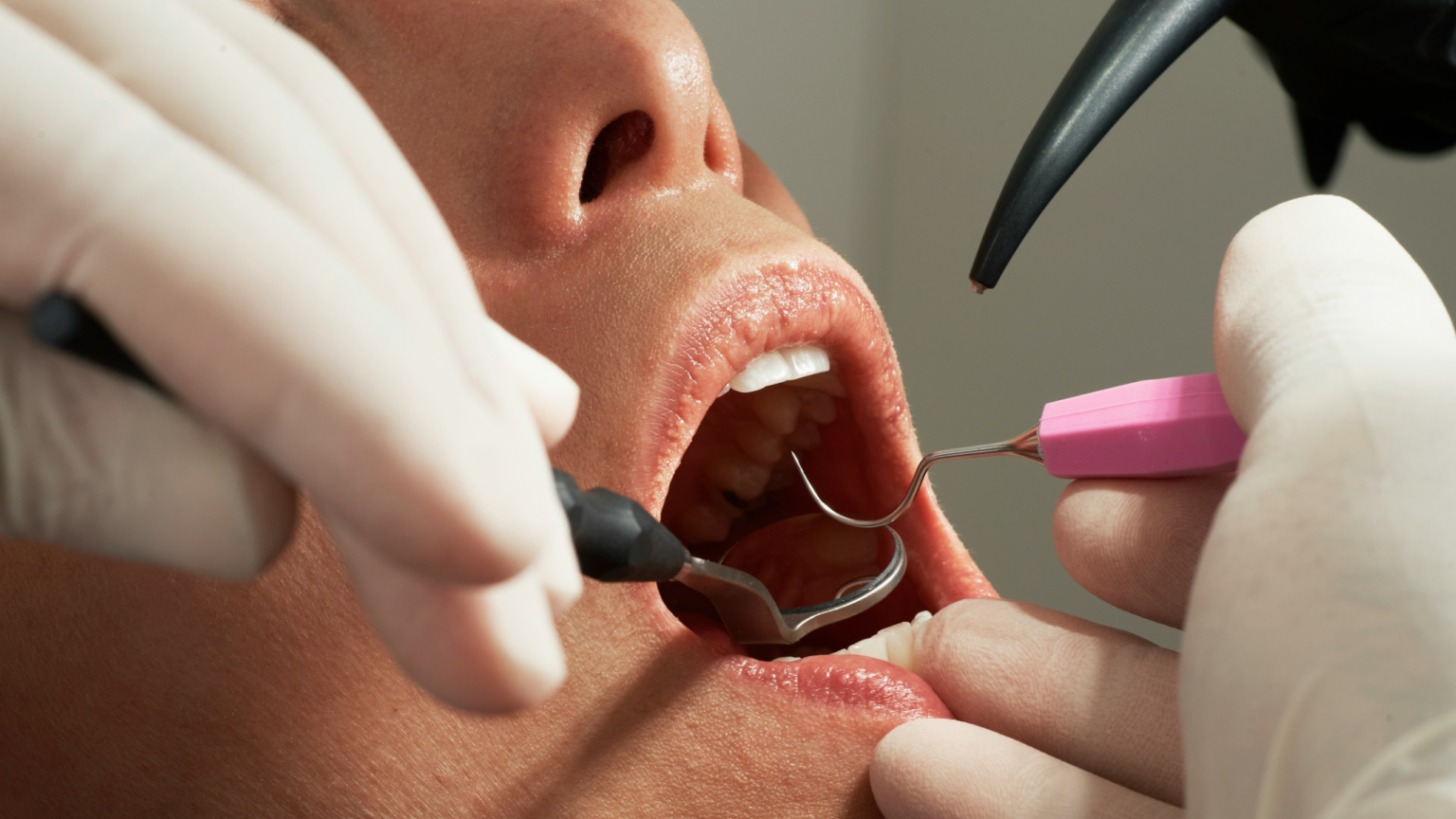Dental health is a vital aspect of overall well-being, and maintaining it requires a clear understanding of effective practices. Unfortunately, there are numerous myths and misconceptions surrounding dental care that can lead to confusion and improper oral hygiene. Let’s debunk some of these common myths to ensure you have accurate information for a healthier smile.
Myth 1: Sugar is the sole culprit for cavities.
Fact: While excessive sugar consumption is a contributing factor to tooth decay, it is not the only villain. The frequency and duration of exposure to sugars and acids are equally important. Consuming sugary treats throughout the day and neglecting proper oral hygiene practices can significantly increase the risk of cavities. Remember, it’s not just about what you eat, but how often and how well you clean your teeth.
Myth 2: Brushing harder leads to cleaner teeth.
Fact: Contrary to popular belief, aggressive brushing can be harmful to your teeth and gums. Brushing too hard can erode enamel, leading to increased sensitivity and other dental problems. It’s important to use a soft-bristled toothbrush and gentle, circular motions to clean teeth effectively without causing damage.
Myth 3: You don’t need to floss if you brush regularly.
Fact: Brushing alone cannot reach all the nooks and crannies between your teeth where plaque and debris can accumulate. Flossing is essential for removing particles and bacteria from these tight spaces, helping to prevent cavities and gum disease. Make flossing a daily part of your oral care routine for comprehensive cleaning.
Myth 4: Chewing sugar-free gum is as effective as brushing.
Fact: Chewing sugar-free gum can stimulate saliva production, which helps neutralize acids and cleanse the mouth. However, it’s not a substitute for brushing and flossing. Gum does not remove plaque and debris as effectively as a toothbrush and floss. Use gum as a complement to your regular oral care routine, not a replacement.
Myth 5: If your teeth look and feel fine, you can skip regular dental check-ups.
Fact: Dental issues often develop without noticeable symptoms in the early stages. Regular dental check-ups are crucial for detecting and addressing problems before they escalate. Professional cleanings and examinations can prevent the development of serious oral health issues and save you from more extensive and costly treatments in the long run.
Myth 6: Natural and DIY remedies can replace professional dental care.
Fact: While some natural remedies may have oral health benefits, they are not substitutes for professional dental care. Regular dental check-ups and cleanings are essential for identifying and addressing issues that may not be apparent to the naked eye. DIY treatments may lack scientific validation and can sometimes do more harm than good.
In conclusion, understanding the truth behind these dental health myths is essential for maintaining optimal oral hygiene. By adopting evidence-based practices, such as regular brushing, flossing, and professional dental check-ups, you can contribute to a healthy and radiant smile for years to come. Don’t let misconceptions jeopardize your dental well-being—take proactive steps to care for your teeth and gums based on accurate information.












